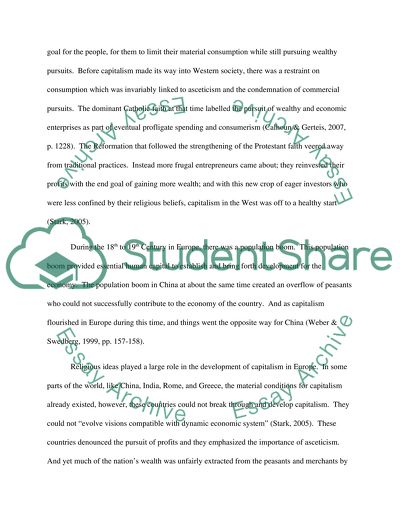Cite this document
(“The Protestant Ethic and Spirit of Capitalism Essay”, n.d.)
Retrieved from https://studentshare.org/social-science/1556320-sociology-essay
Retrieved from https://studentshare.org/social-science/1556320-sociology-essay
(The Protestant Ethic and Spirit of Capitalism Essay)
https://studentshare.org/social-science/1556320-sociology-essay.
https://studentshare.org/social-science/1556320-sociology-essay.
“The Protestant Ethic and Spirit of Capitalism Essay”, n.d. https://studentshare.org/social-science/1556320-sociology-essay.


